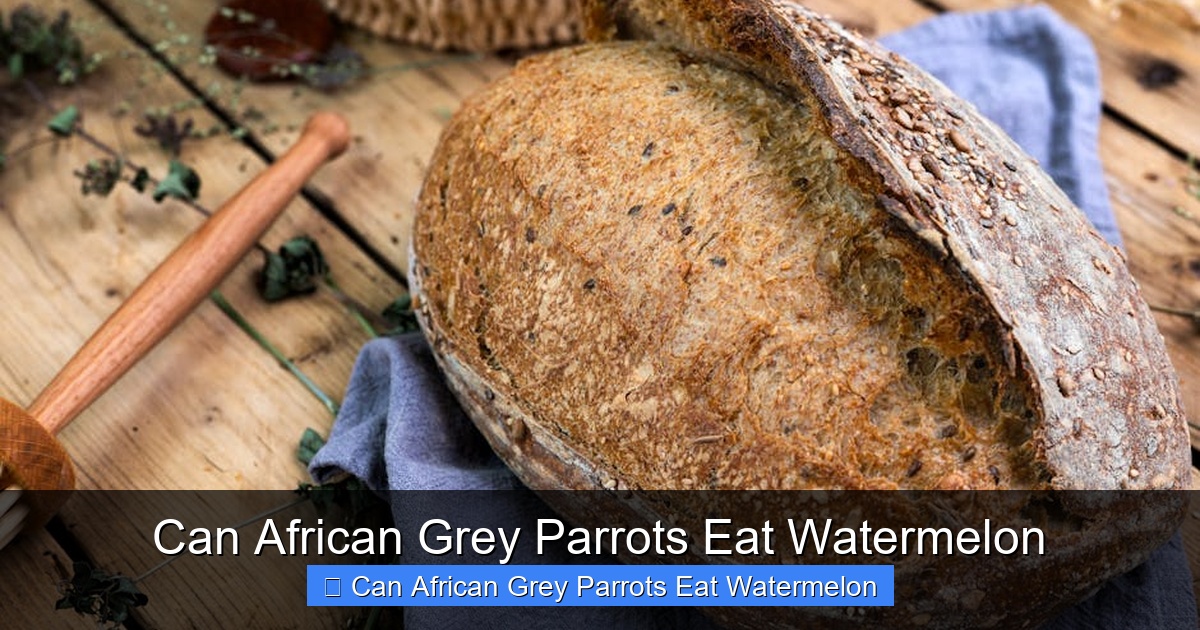
Featured image for this comprehensive guide about can african grey parrots eat watermelon
This is a comprehensive guide about can african grey parrots eat watermelon.
Frequently Asked Questions
What is can african grey parrots eat watermelon?
can african grey parrots eat watermelon is an important topic with many practical applications and benefits.
How can can african grey parrots eat watermelon help me?
Understanding can african grey parrots eat watermelon can improve your knowledge and provide practical solutions.
